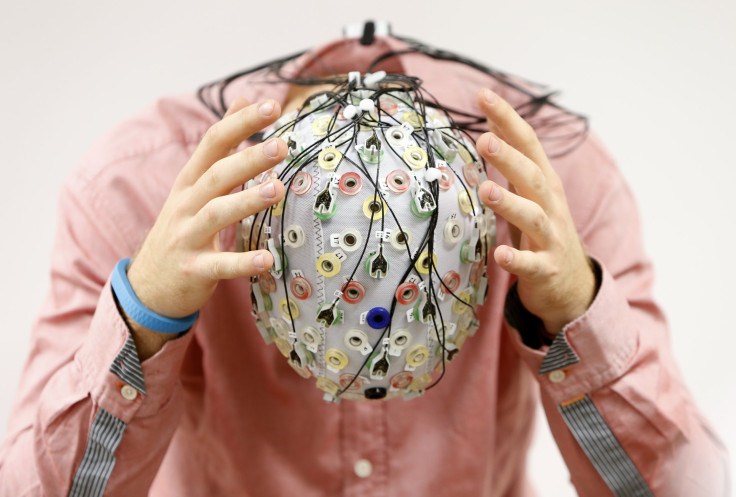How Music And Dance Help Grow The Human Brain

Growing up, you may have played the piano or attended dance classes, and depending on your true preferences, you found this either torturous or wonderful. Your parents may have forced you into it by saying the lessons and classes would help you develop, and a new study offers support for their case.
Headed by Concordia PhD candidate and lead author Chiara Giacosa, a team of researchers from the International Laboratory for Brain, Music and Sound Research found the brain is more strongly affected by musical and dance training than previously believed. After examining the white matter structure in the brains of experts in dance and music with experience in their respective fields, "we found that dancers and musicians differed in many white matter regions, including sensory and motor pathways, both at the primary and higher cognitive levels of processing," Giacosa said in a press release.
The researchers used high-tech imaging to study a group of control participants with no formal training in dance or music, the same as they studied the brains of the experts. When compared to the control group, the dancers and musicians were found to have certain differences in their brains than the control group. “Our samples of dancers and musicians were specifically selected to be pure groups of experts, which makes it easier to differentiate between them,” Giacosa said in a press release.
Musicians showed strong fiber bundles in the sensory and motor brain regions and which also connect the brain’s two hemispheres. Dancers, on the other hand, had fiber bundles present in the same pathways but their bundles were broader than the musician’s fiber bundles. "This work has major potential for being applied to the fields of education and rehabilitation," Virginia Penhune, the study’s senior author and professor and chair of Concordia’s Department of Psychology, said in a news release.
"Recent research has started to show some improvements with dance and music therapy in patients affected by Parkinson's disease and children with autism respectively, but much more can be done with these and other diseases," Penhune said in the release.
Giacosa C, Karpati F, Foster N, Penhune V, Hyde K. Dance and music training have different effects on white matter diffusivity in sensorimotor pathways. NeuroImage. 2016.



























